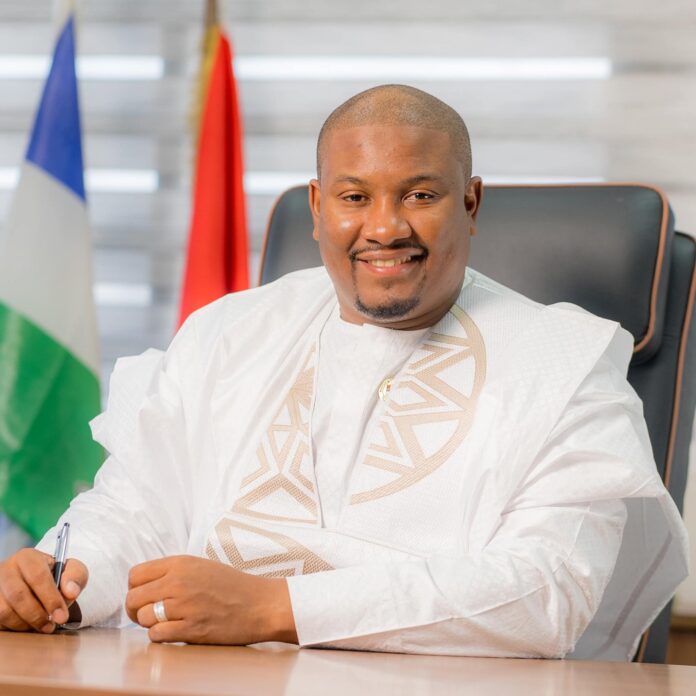By Alieu Jallow
A nationwide survey conducted by Gambia Participates has revealed that Talib Bensouda, Mayor of the Kanifing Municipal Council, is the leading contender to succeed Ousainou Darboe as the United Democratic Party’s (UDP) presidential candidate for 2026.
According to the findings, 44% of respondents nationwide prefer Bensouda as Darboe’s replacement, placing him well ahead of other contenders. However, uncertainty remains high, with 35% of respondents saying they “don’t know” who should take over the UDP leadership. Yankuba Darboe trails with 13%, while Banjul Mayor Rohey Malick Lowe secured 5% and other figures collectively registered 3%.
This distribution underscores both Bensouda’s national recognition and the significant indecision among voters, suggesting that while he is the frontrunner, the race remains fluid.
The survey also revealed notable regional differences.
In Banjul, Bensouda enjoyed overwhelming support at 58%, with little backing for other contenders. Kanifing recorded the highest proportion of “Other” responses (38%), reflecting a desire for alternatives beyond the main names. In contrast, regions such as Janjanbureh and Mansakonko presented a more even spread among candidates.
High levels of uncertainty were recorded in Basse (35%), Brikama (23%), and Banjul (37%), underscoring the unsettled nature of voter sentiment outside the capital’s political strongholds.
The data shows Bensouda’s strongest support comes from younger and middle-aged Gambians. His appeal peaks at 15% among those aged 25–34 and 11% among the 35–44 bracket, signalling resonance with the country’s largest voting bloc. However, support tapers off among older Gambians, with only 6% in the 45–54 age group and 5% among those 55 and older, reflecting a generational gap in enthusiasm.
Yankuba Darboe’s support remains modest across all age categories, peaking at 4% among 25–34-year-olds, while Rohey Malick Lowe records minimal backing across the board (1%).
Among male respondents, Bensouda dominates with 28% support, making him the clear favourite, though 21% remain undecided. Yankuba Darboe garners 9% among men, while Lowe and “Other” candidates remain marginal.
Among female respondents, Bensouda still leads but with a narrower margin at 15%, followed closely by the undecided at 14%. Yankuba Darboe (4%) and Rohey Malick Lowe (3%) receive limited backing, suggesting that while women tend to lean toward Bensouda, many remain hesitant.
Public Opinion on 2026 Bid
Beyond UDP succession, the survey assessed wider public opinion on whether Bensouda should run for president in 2026 regardless of party affiliation. Half of respondents (50%) believe he should run, while 20% opposed and 30% remain unsure.
Regionally, his highest backing came from Kuntaur (55%), Basse (51%), and Banjul (51%), though indecision remains significant in Basse (27%) and Mansakonko (40%). Brikama, Kanifing, and Kerewan recorded lower enthusiasm for his potential bid, suggesting regional variations in his appeal.
The survey paints Talib Bensouda as the strongest and most recognisable figure to succeed Ousainou Darboe within the UDP. However, the high proportion of undecided voters, regional contrasts, and generational divides mean that the leadership succession question is far from settled.
As the UDP navigates its internal restructuring ahead of the 2026 presidential election, Bensouda’s challenge will be to consolidate support among undecided Gambians, expand his reach beyond urban centres, and bridge generational and gender gaps to secure his place as Darboe’s political heir.




